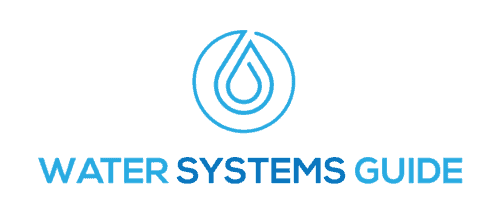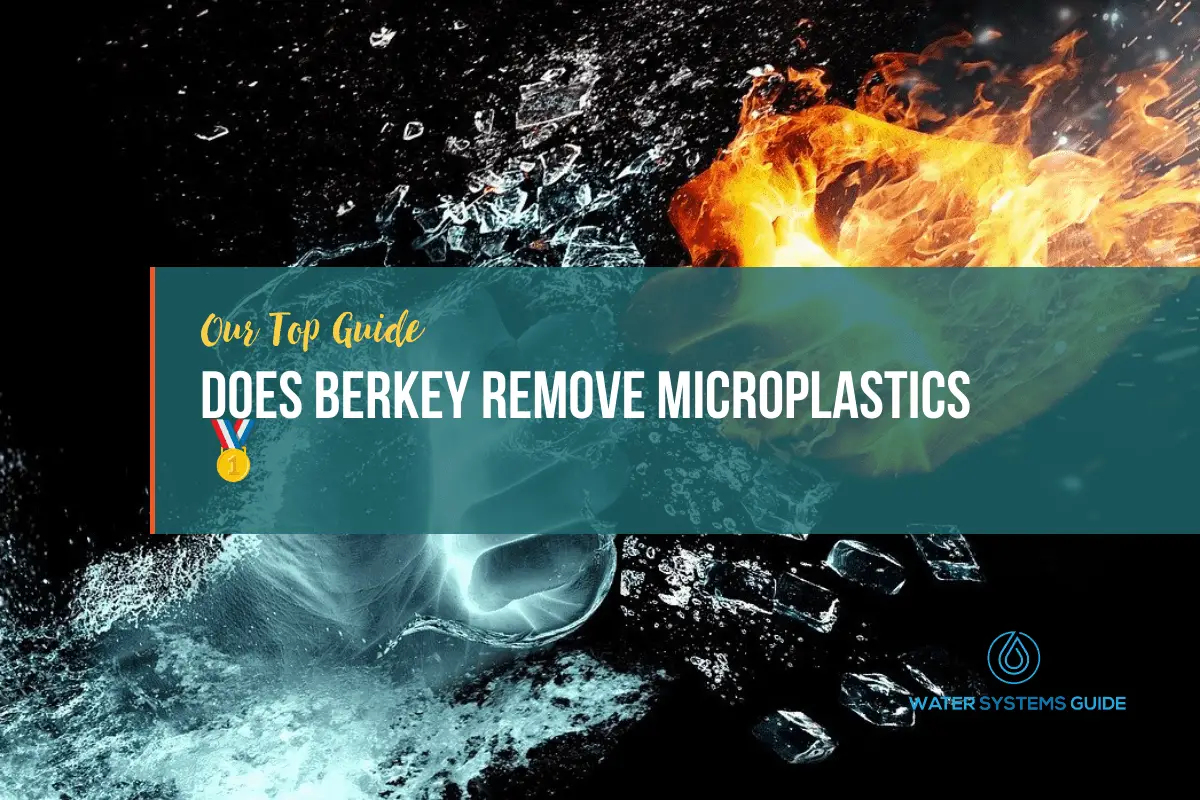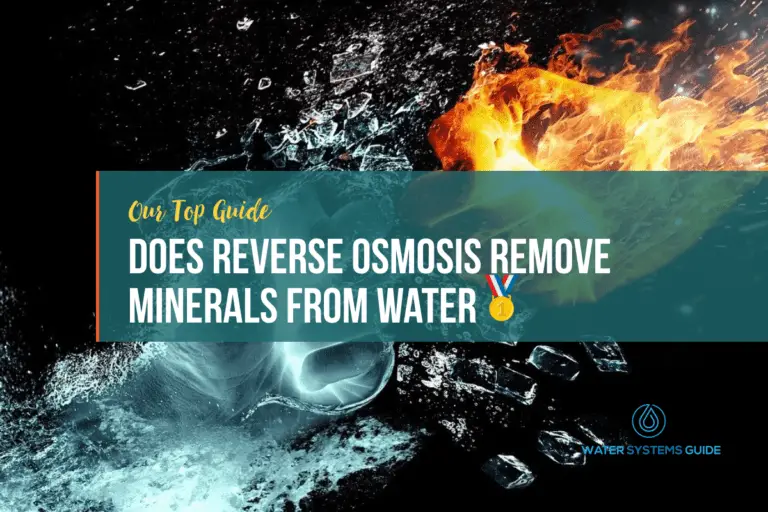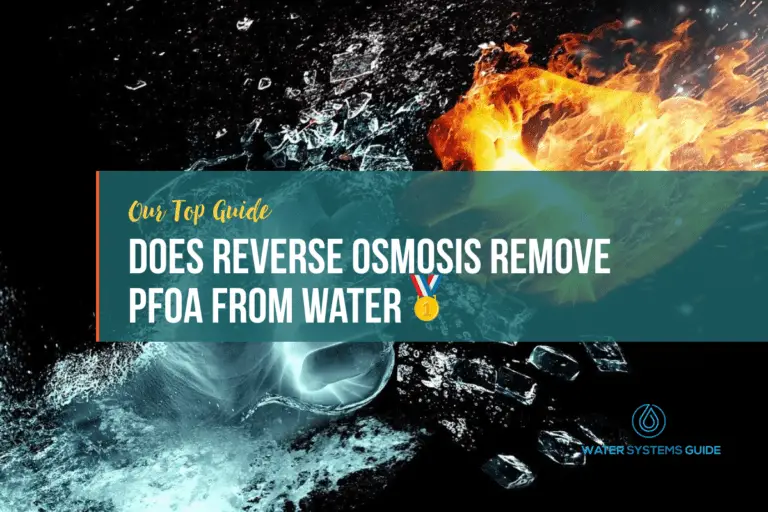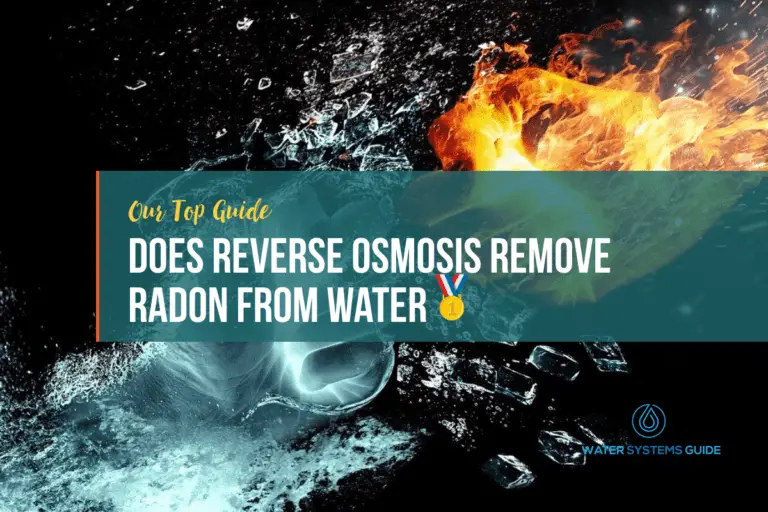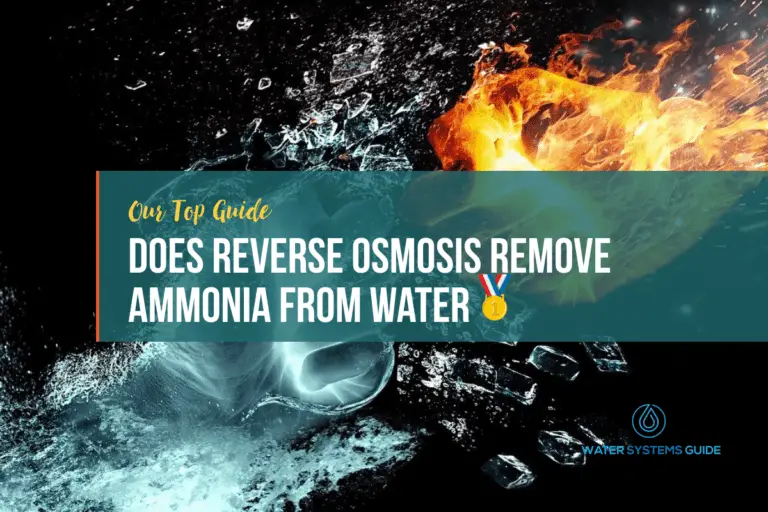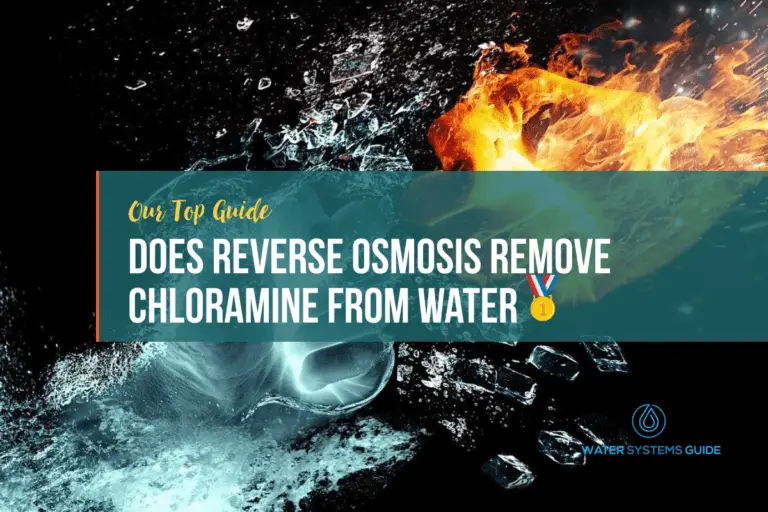Does Berkey Remove Microplastics
Before we talk about whether Berkey filters remove microplastics from a water source, let’s just firstly discuss what exactly a microplastic is, and why they’re important to filter out of our water supply.
What are microplastics?
Microplastics are becoming an increasingly serious problem in the world’s oceans, they are tiny pieces of plastic that are less than 5mm in size, otherwise known as plastic particles.
They are a contaminant which can come from a variety of sources, including cosmetics, detergents and during the manufacturing process, with household items and clothing being made from types of plastic. Additionally, microplastics can also come from larger pieces of plastic that have been broken down by the sun or other environmental factors.
Once microplastics enter the environment, they can be ingested by animals or end up in our drinking water supply.
Not only can microplastics be harmful to the environment and wildlife, who ingest them, but they can find their way into our water supply and subsequently humans can ingest them too.
How do microplastics get into our water supply?
Microplastics can end up in our water supply when they are washed down the drain or blown into rivers and lakes. Subsequently this water is utilized for distributing municipal water throughout towns and cities, country-wide.
Health implications of ingesting microplastics
There are a number of potential health implications associated with ingesting microplastics. These include physical damage to the gastrointestinal tract, as well as the absorption of chemicals that may be present on or within the microplastics. Additionally, there is the potential for microplastics to act as carriers of harmful bacteria or viruses, which could lead to infection.
Do Berkey filters remove microplastics?
Unfortunately, there have been no peer-reviewed tests/studies to prove whether microplastics are removed by black Berkey filters. And Berkey cannot officially make that claim without evidence.
However, we know that Berkley water filters are great for purification and filtering out smaller particulates, bacteria, virus’ and heavy metals.
More specifically, they have been tested to show the removal of viruses within the range of 24-26 nanometers (0.024 to 0.026 microns in size), so we can assume that they are able to filter out microplastics to some degree, especially the larger plastic fibers.
